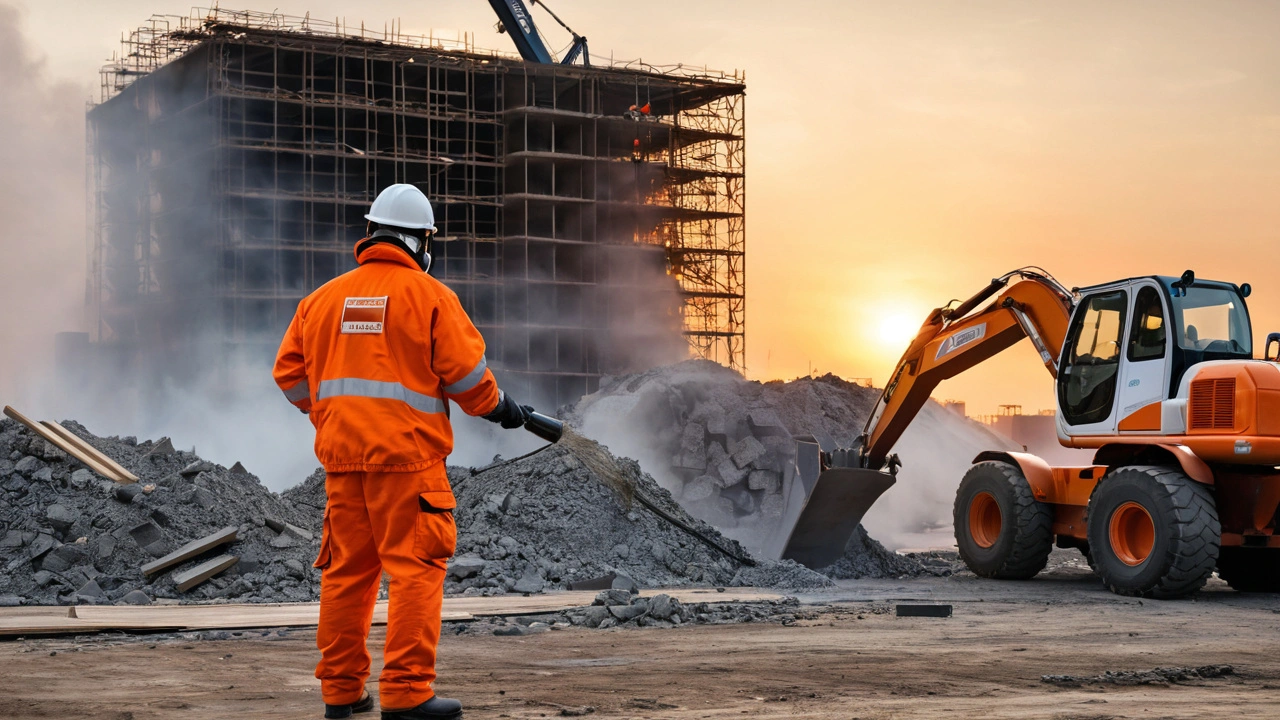Nitroglycerin Explosives: Safety, History, and Medical Differences
Nitroglycerin is a name you’ll see in two very different places: medicine cabinets and history books about explosives. That can be confusing. This page explains the big differences, highlights safety concerns, and tells you what to do if you ever encounter suspected nitroglycerin. No recipes or step-by-step tricks here — only straight, useful facts to keep you safe.
Explosive vs. Medical: what’s the real difference?
When people say “nitroglycerin” in an explosives context, they mean a chemical that can be unstable and powerful. It has a long history as an industrial explosive and shaped blasting technology for over a century. In medicine, nitroglycerin is used in tiny, controlled doses to treat chest pain (angina). The medical form is made and packaged to be safe and predictable when used exactly as prescribed. Think of it as two very different uses of the same chemical name — one dangerous in the wrong hands, one helpful under a doctor’s care.
History matters. Alfred Nobel helped turn nitroglycerin’s destructive potential into something more controllable in the 19th century. That shift made large-scale use possible but also created strict rules around manufacture, transport, and storage. Today, explosive nitroglycerin is tightly regulated and handled only by trained professionals under strict protocols.
Safety, legal issues, and what to do if you find it
Found something you suspect is explosive? Don’t touch it. Move away and keep others away. Call local emergency services or the non-emergency police number and tell them you found a suspected explosive. If you’re in the U.S., you can also contact your local hazardous materials team. In other countries, contact the local police or civil protection agency. Those responders know the right steps and have the proper protective gear.
Never attempt to test, open, move, or neutralize any suspicious material yourself. Handling explosives or unstable chemicals without training can cause serious injury or death, and it can be a criminal offense in many places. If you believe someone is storing or selling explosive materials illegally, report it to authorities rather than confronting them.
For people who use nitroglycerin as a medicine: follow your prescription. Store medication exactly as directed and keep it out of reach of children. If you have leftover or expired medication and you’re unsure how to dispose of it safely, ask your pharmacist or local waste authority for guidance — don’t throw unknown chemicals in the trash or down drains.
If you want reliable, official guidance, look to agencies like OSHA, national public health services, or local hazardous-waste programs. These sources explain rules for safe handling, transport, and disposal without giving instructions that might be misused.
Questions about a suspected item or about a medical prescription? Contact professionals: emergency services for suspected explosives, and your healthcare provider or pharmacist for medication concerns. Stay safe, and leave anything that looks unstable to the experts.

The Power of Nitroglycerin Explosives in Demolitions and Blasting
- by Colin Edward Egan
- on 24 Jul 2024
Nitroglycerin has been a cornerstone in demolition and blasting operations for many years. This powerful compound is widely employed due to its high energy release. From its discovery to its innovative applications, understanding nitroglycerin's role in controlled explosions can help us appreciate its significance. This article delves into the essentials of nitroglycerin explosives, including their history, properties, and practical applications.
